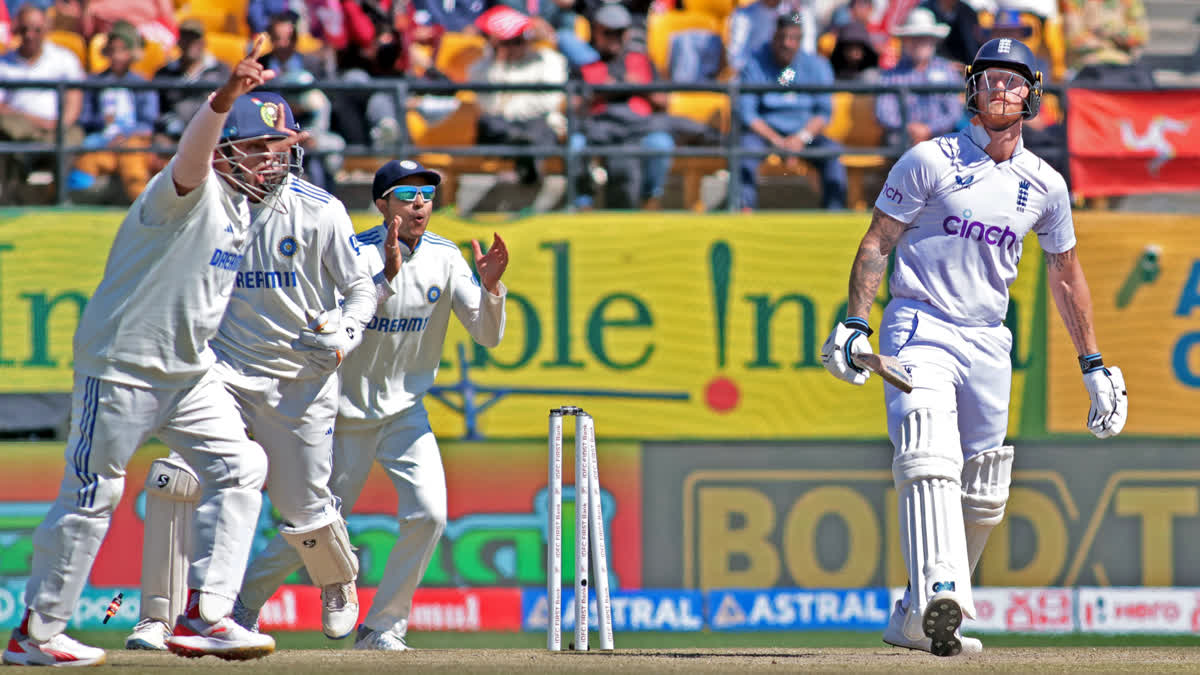Cricket, a sport introduced by the British to their colonies like India, Sri Lanka, and Australia, has struggled to get much attention in - Europe. The reasons are rooted in history, culture, and the nature of the game itself.
Cricket grew in countries where Britishers ruled for a longer period. The British administrators used to spend their time playing cricket in their free time, and the locals not only loved the sport but adopted it as well. But, same was not the story in European nations. Britain didn’t colonize European nations as British influence was minimal in the continent, and as a result cricket never flourished and couldn't get much popularity like football.
Cricket was recognised as an elitist sport in Europe as it was considered one of the most expensive sports. Although it was played in countries like Italy and Germany in the 19th century, it failed to capture the attention of the masses. After the World Wars, the cricket was seen as a pastime for the rich and it eventually got disconnected from the middle class. Football, with its accessibility, became the preferred sport in the continent as the people needed just a ball to start playing it whereas cricket needed a bat, ball and stumps.
When cricket started internationally, there was only one format - Test. And this slow pace of cricket also worked against it. As Europe underwent significant social and economic changes, people preferred faster, more exciting sports. Cricket, with its long matches, couldn’t compete with the quick thrills offered by football.
Finally, the weather in Europe didn’t help. The cold, wet climate in many parts of Europe is far from ideal for cricket, a sport that thrives in warmer, drier conditions. This made it difficult for cricket to establish a strong presence in these countries.
However, in recent times, there are few countries including Scotland, Netherlands, and Ireland, which have been constantly knocking the doors of the International Cricket Council (ICC) and participating in tournaments like the World Cups.



